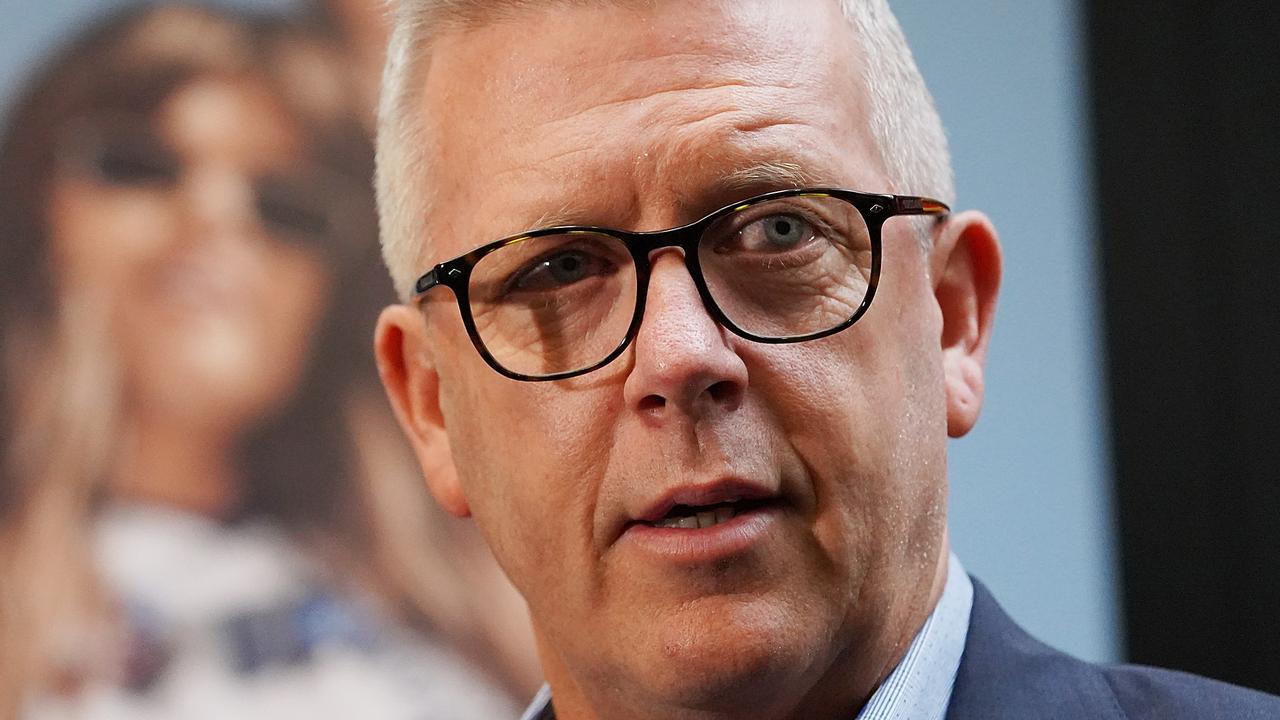The Australian Football League finds itself in an unprecedented crisis of integrity oversight as leaked internal documents reveal the organization’s admission that it has fundamentally lost control of gambling monitoring across its sport. With more than 80 bookmakers now accepting wagers on AFL games and the betting industry experiencing explosive growth since the pandemic, league executives have privately acknowledged they can only see the “tip of the iceberg” when it comes to potential corruption and insider betting.
This revelation comes at a particularly damaging time for the AFL, which has faced sustained criticism for its close ties to the gambling industry and the proliferation of betting advertisements during games watched by children. The league’s proposed solution involves forcing bookmakers to fund an expensive AI-powered monitoring system, but this has triggered fierce resistance and potential legal challenges from the wagering industry.
Critical Failures in Current Monitoring Systems
Internal AFL documents from December 2024 paint a disturbing picture of “mounting integrity threats” that are “evolving at an unprecedented rate”. The league has identified several “bottlenecks” and “blind spots” that have severely hampered its ability to detect when players, coaches, or staff engage in prohibited betting activities or share sensitive inside information.
Three specific cases highlighted by the AFL demonstrate the severity of these monitoring failures. In one instance, an umpire allegedly provided advance notice of game outcomes to bettors, with suspicious activity only detected after significant losses occurred in the betting market. The AFL’s reliance on a single bookmaker to identify this corruption meant that investigation and mitigation steps were substantially delayed.
Another case involved a player sharing non-public information about a position change, which was then used to place strategic bets on him scoring the first goal. Additionally, an AFLW health professional allegedly used their partner’s betting account to wager on injury-related information, with these small bets flying under the radar of existing monitoring systems.
The AFL’s Expensive Solution and Industry Pushback

To address these critical gaps, the AFL has proposed creating a centralized database that would ingest every gambling transaction from more than 80 bookmakers operating in Australia. This system would be managed by an external AI company and designed to detect suspicious transactions in near real-time.
However, the league wants bookmakers to fund this expensive infrastructure through significantly increased fees. The AFL initially demanded a minimum annual payment of $20,000 from all bookmakers, regardless of their revenue size. After fierce resistance, the league revised its proposal to charge smaller operators $3,000 in 2025, rising to $7,000 by 2027.
Many large bookmakers have strongly opposed the database proposal, describing it as “an unprecedented and unnecessary intervention” that would create more problems than it solves. The system would collect highly sensitive personal information, including gamblers’ full names, addresses, phone numbers, and betting volumes.
Financial Stakes and Confidentiality Concerns
The AFL’s push for increased gambling revenue reflects the sport’s growing financial dependence on the betting industry. The league receives a percentage of each bet placed on its games, an arrangement that has become a crucial revenue stream alongside broadcast rights and ticket sales.
Proposed agreements sent to bookmakers included strict confidentiality clauses requiring them to “keep confidential and not allow, make or cause any disclosure” about the terms without written AFL consent. This secrecy has raised concerns about transparency in an industry already facing intense scrutiny over its social impact.
More than 30 smaller bookmakers have engaged legal representation through Pat Brown Legal to challenge the fee increases. The firm has indicated potential court challenges and appeals for ministerial intervention if negotiations fail.
Broader Implications for Sport and Society
The integrity crisis extends beyond technical monitoring failures to fundamental questions about the AFL’s relationship with gambling. Public health experts and the Australian Medical Association argue that the league’s pursuit of increased wagering revenue demonstrates how deeply entrenched its gambling ties have become.
Former AFL commissioner Colin Carter has criticized the league’s stance, noting that surveys show football fans resent the massive levels of gambling advertising. Some AFL clubs have already exited profitable poker machine businesses due to values conflicts, yet the AFL remains “silent” on restricting advertising levels.
The AFL Players Association has also raised concerns about players being treated as “gambling products” that cause community harm, while pushing for athletes to receive a larger share of profits made from their performance.
As the AFL season commenced in March 2025, these integrity concerns represent more than operational challenges—they threaten the fundamental credibility of Australia’s most popular sport and its social license to operate in an environment increasingly concerned about gambling’s societal impact.

